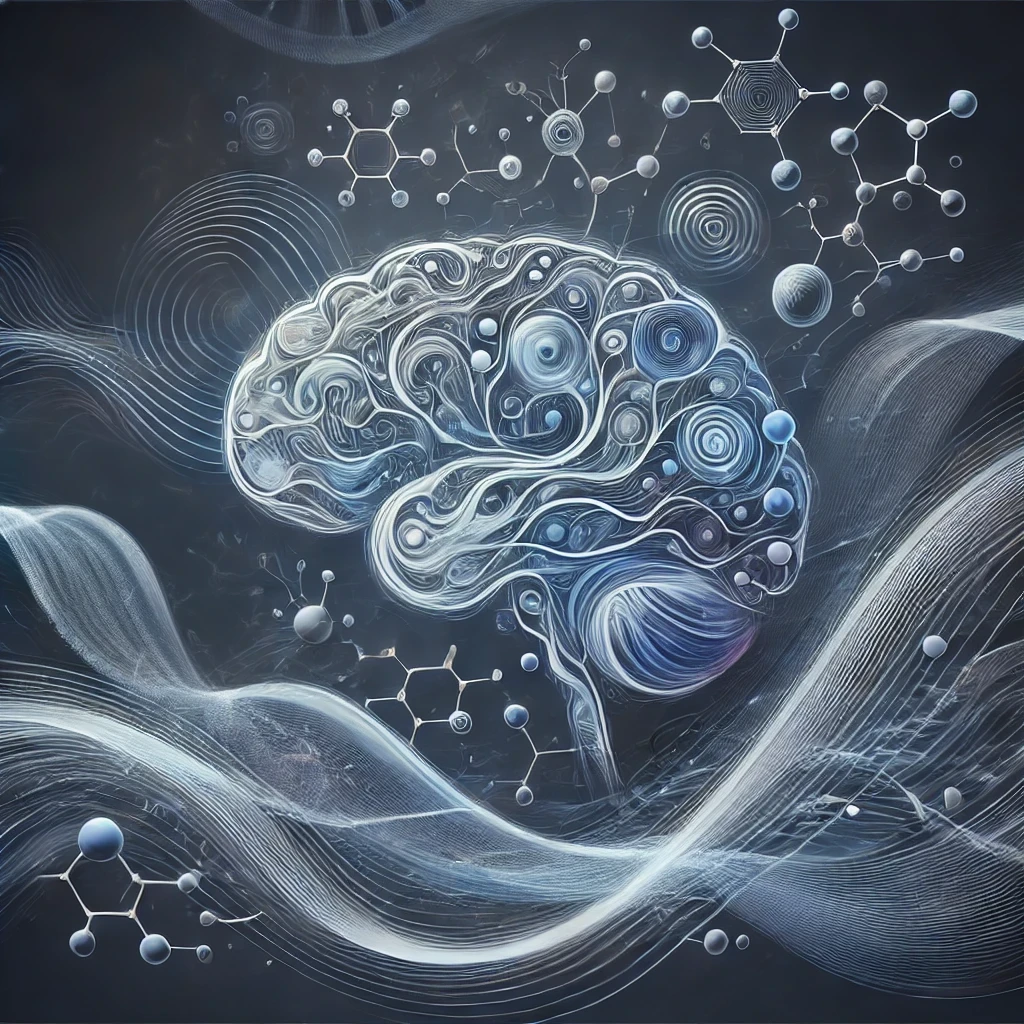World Mental Health Day, just celebrated on October 10th, has raised awareness of mental health issues around the world and the importance to mobilize efforts in support of mental health.
It is important to highlight the growing research connecting High Mobility Group Box 1 (HMGB1) to neurological and mental health disorders. HMGB1, a danger-associated molecular pattern (DAMP), has been linked to various mental and cognitive impairments, especially through its role in neuroinflammation.
HMGB1 and stroke-induced mental disorders
One study demonstrated that after a stroke, cerebral ischemia triggers the release of HMGB1, leading to both local and systemic inflammation. This includes liver injury, which in turn affects iron regulation through hepcidin upregulation. The elevated HMGB1 levels exacerbate neuroinflammation and promote cognitive decline, potentially worsening post-stroke mental health outcomes such as depression and anxiety.
HMGB1-induced iron imbalance may further contribute to neurodegenerative processes, highlighting its dual role in both brain and systemic dysfunction following ischemic events.
HMGB1 and Sepsis-Associated Encephalopathy (SAE)
Another significant link between HMGB1 and mental health is its role in sepsis-associated encephalopathy (SAE). This condition, marked by confusion, memory loss, and cognitive impairment, is driven by HMGB1-induced microglial activation. The activated microglia abnormally prune synapses in the hippocampus, leading to a loss of excitatory synapses and reduced long-term potentiation (LTP), which are crucial for memory and learning.
By promoting neuroinflammation and synaptic dysfunction, HMGB1 protein contributes to the cognitive impairments seen in SAE.
Given its critical role in promoting neuroinflammation and cognitive dysfunction, targeting HMGB1 could represent a novel therapeutic approach for mental health disorders related to stroke and sepsis. Inhibiting HMGB1 may reduce neuroinflammation, preserve synaptic function, and mitigate cognitive decline, offering new hope for patients suffering from these debilitating conditions.
Targeting HMGB1 and related inflammatory processes offers a potential therapeutic strategy for managing depression, especially in cases where inflammation is a prominent feature. As we deepen our understanding of the biological mechanisms behind mental health disorders, it becomes clear that interventions aimed at reducing inflammation could play a key role in future treatments.
We can provide comprehensive information to facilitate informed decision-making for researches with HMGB1.
Contact us for your pre-sales questions about HMGB1
Read the full articles about the studies:
https://www.nature.com/articles/s12276-024-01314-y
https://pubmed.ncbi.nlm.nih.gov/36906561




